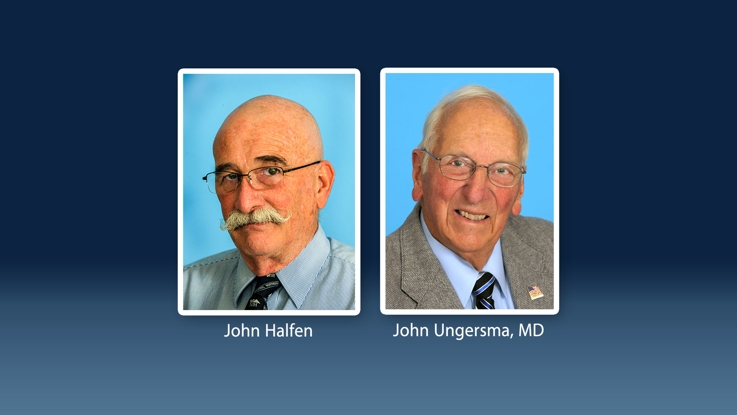Breastfeeding Myths and Facts: Separating Fact from Fiction
- Posted On:
- Written By: Northern Inyo Healthcare District
.1).png)
Breastfeeding is a natural and beautiful way to provide essential nutrients to your baby. However, with so much information available, it can be confusing to separate myth from fact. Today, we're going to debunk some of the most common breastfeeding myths and provide you with the facts so that you can make informed decisions about your child's nutrition.
Common Myths About Breastfeeding
Myth: Breastfeeding Is Painful
Your nipples may feel tender initially, but breastfeeding should not cause severe pain throughout the nursing session. If you are experiencing pain during breastfeeding, it could be a sign of an incorrect latch. Try adjusting your position or seeking help from a lactation consultant.
Myth: Breastfeeding Is Easy & Should Come Naturally
Breastfeeding is not as simple as putting a baby to the breast and letting them feed. It can be challenging, especially for first-time mothers. Many new mothers struggle with latching issues, sore nipples, and finding a comfortable feeding position. It's important to have patience and to seek out help if you're struggling with breastfeeding. Reach out to a lactation consultant or seek support from a breastfeeding group.
Myth: Babies Should Wean Themselves After a Few Months
While some babies may choose to self-wean around the age of six months, it is not the norm. Most babies breastfeed longer. At the same time, it is not uncommon for a baby to go on a temporary pause, typically resulting from an underlying condition like an ear infection. Staying patient and continuing to encourage your baby to nurse will generally result in them returning to feeding as normal.
Myth: For Maximum Milk Production, Wait Longer Between Feedings
It is a common misconception that allowing more time between feedings will help you to produce more milk. In reality, your body increases milk supply when the breasts are frequently emptied. When your baby suckles, it signals your body to produce more milk. Skipping feedings or waiting too long between feedings can lead to a decrease in milk supply. Therefore, feeding your baby on demand is wisest, meaning feeding them anytime they show signs of hunger.
Myth: Breastfeeding Should Only Be Performed In Private
There is no shame in feeding a hungry baby in public. US law permits breastfeeding anywhere, anytime. If you feel more comfortable, use a lightweight blanket to make it more discreet. If you are feeling self-conscious, remind yourself that your baby needs to eat, and breastfeeding is the natural and healthiest way to do so. It is always better to feed your child promptly rather than waiting or rushing home to feed them.
Myth: Breastfeeding Requires a Restricted Diet
In most cases, breastfeeding does not require avoiding any specific foods. Most babies will not have any negative reactions to the food their mother eats. However, if you notice that your baby is fussy or develops a rash after you consume a particular food, you may need to avoid it. Otherwise, continue consuming a balanced diet with a variety of foods.
Myth: Never Breastfeed While On Medication
Some new mothers avoid taking medication while breastfeeding, fearing it may harm the baby. While it's true that some medications can pass through breast milk, most do not have harmful effects on the baby. In fact, many medications are safe to take while breastfeeding. However, it's important to talk to your doctor about any medications you're taking to ensure they’re safe for you and your baby. Certain medications, like seizure or cancer drugs, may be unsafe to take while breastfeeding. It also can’t hurt to ask a professional about the potential side effects of any prescriptions, unconventional vitamins, or herbal supplements.
Myth Breastfeeding Causes Sagging Breasts
Many first-time mothers’ biggest fear breastfeeding may cause their breasts to sag. However, this is a myth. Breastfeeding does not cause sagging. In fact, breastfeeding can help your breasts return to their pre-pregnancy size and shape faster. Pregnancy and aging are the leading causes of sagging, not breastfeeding.
Need Medical Assistance or Advice? Northern Inyo Healthcare District Can Help
Breastfeeding may bring up many myths and questions, but with a little research, women can feel comfortable and confident in their actions. Don’t hesitate to reach out to Northern Inyo Healthcare District if you are experiencing pain or have concerns about breastfeeding. We can offer personalized support and guidance for you and your baby's unique situation.
We are happy to answer all your inquiries about nursing and breastfeeding. Call (760) 873-5811 today!


